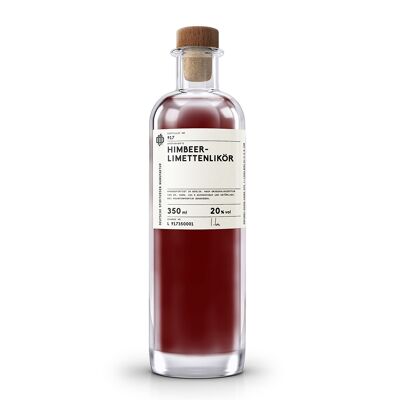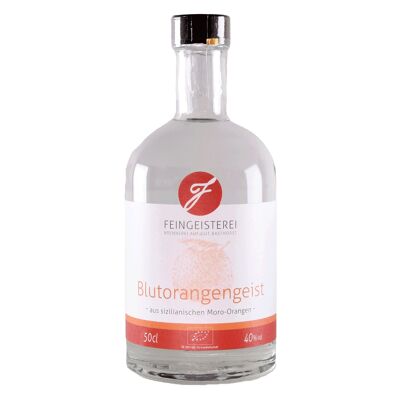


The reason we don't use what's called the albedo - the white layer of citrus fruits that lies just below the outer oil cells - is for a simple reason: it has no value for our spirits as it contains no volatile aromatic substances but consists mainly of pectin, a component of gelling agents. The tangerine's albedo degenerates into a web of fibers as it matures, to which the Latin species name "reticulata," meaning "reticular," refers. Because of this reduction in albedo when ripe, mandarins belong to the so-called “easy peelers”, which are particularly easy to peel. But that meant a lot of work for us, because we went to the trouble of scraping off the albedo on the inside of each individual shell with a knife. In any case, it has paid off, because we have succeeded in creating a unique, particularly pure mandarine spirit. The aroma of the mandarine spirit is determined by the cyclic monoterpenes limonene and g-terpinene as well as the N-methylanthranilic acid methyl ester, which occurs only in very small amounts but is responsible for the characteristic smell. A spirit that you can pour pure into the glass at any time and that immediately makes you dream of summery southern climes.



























